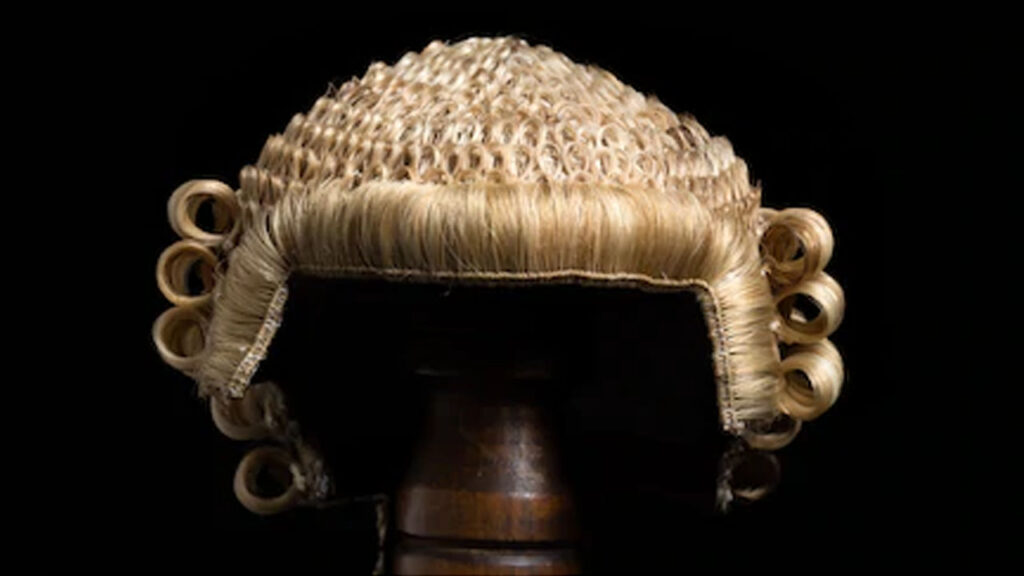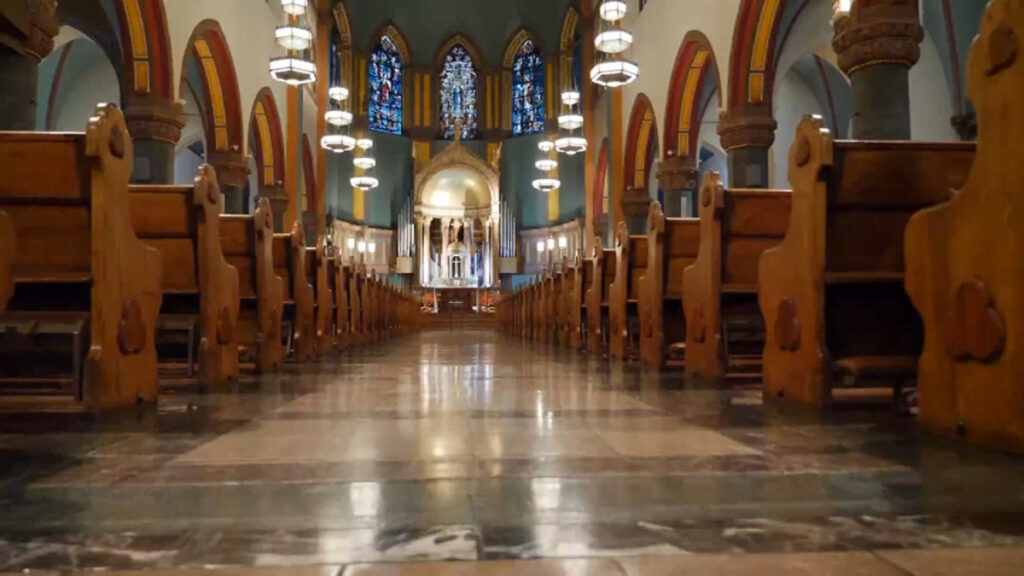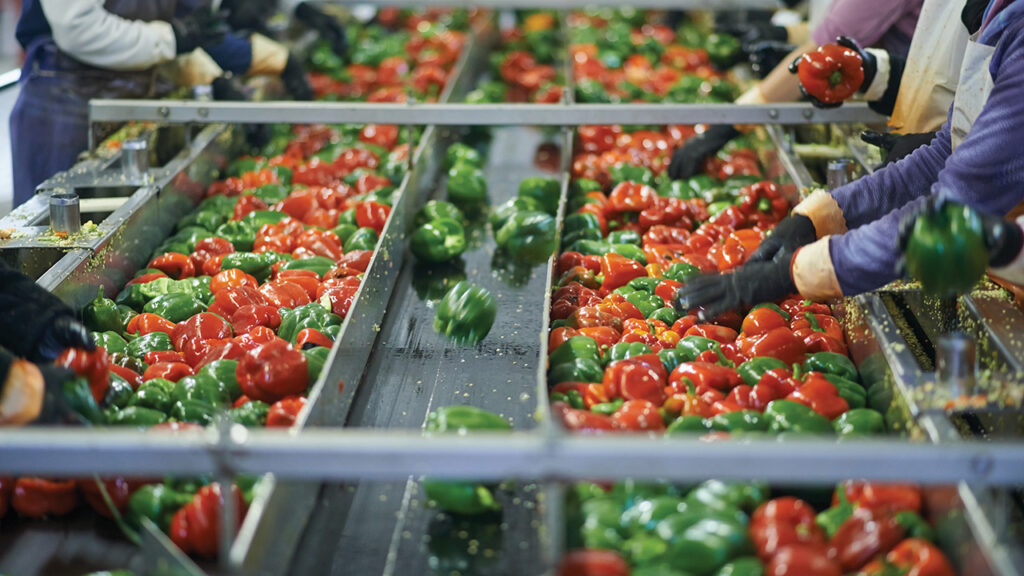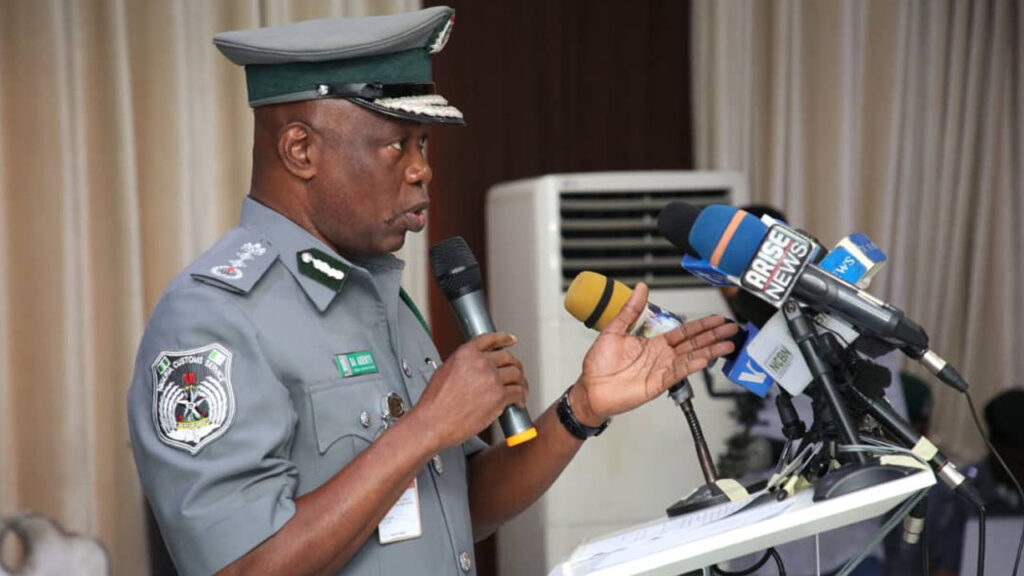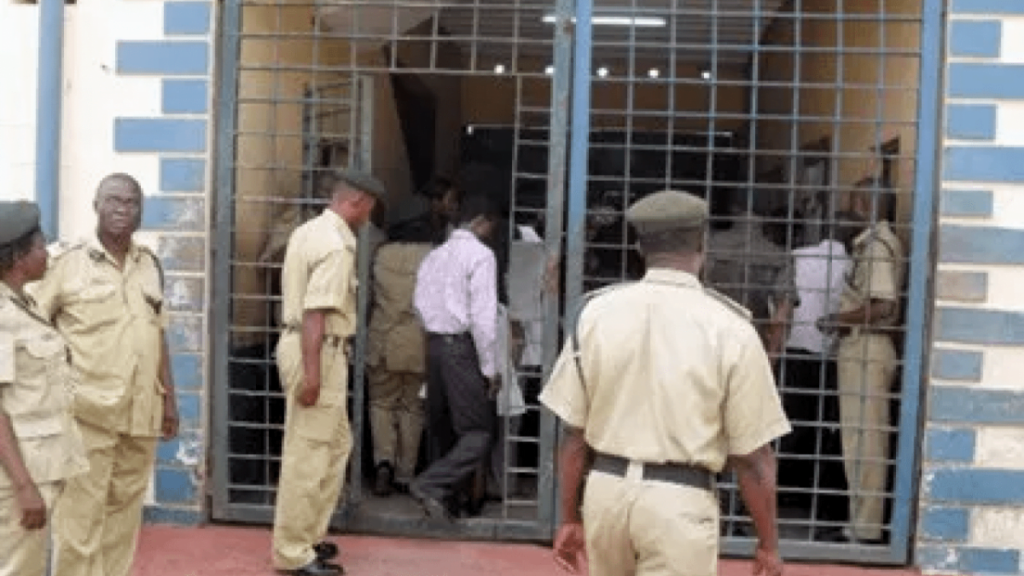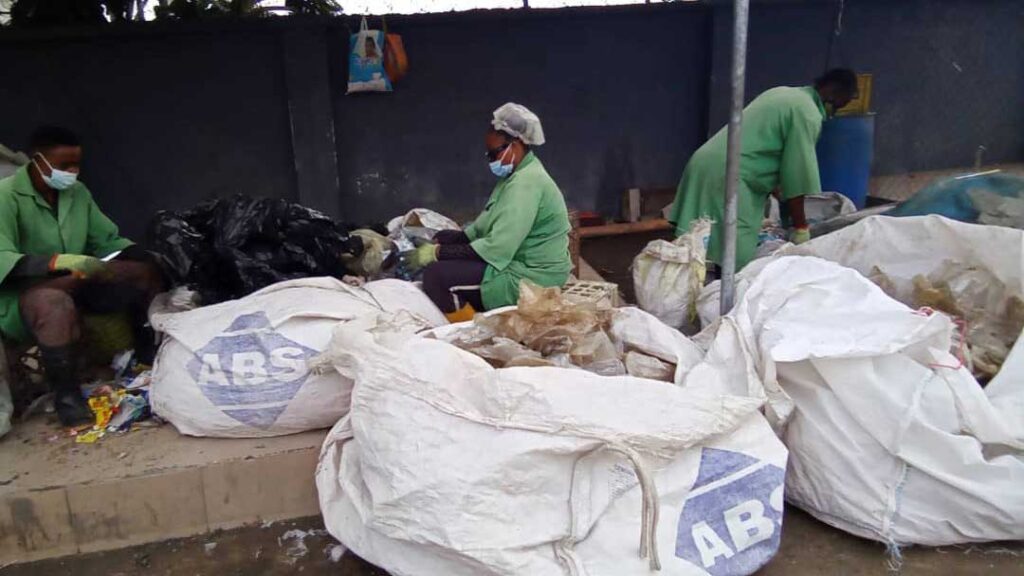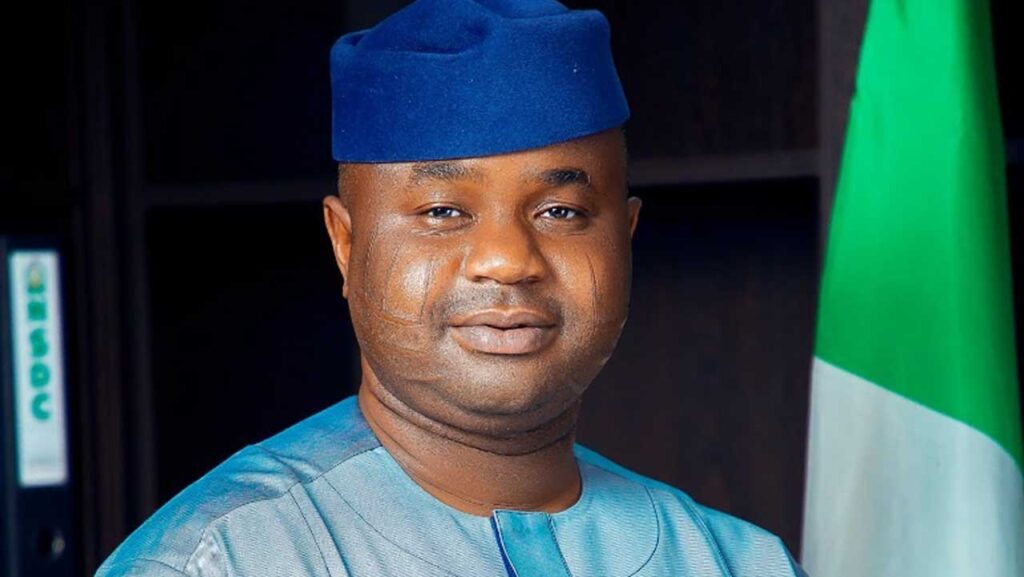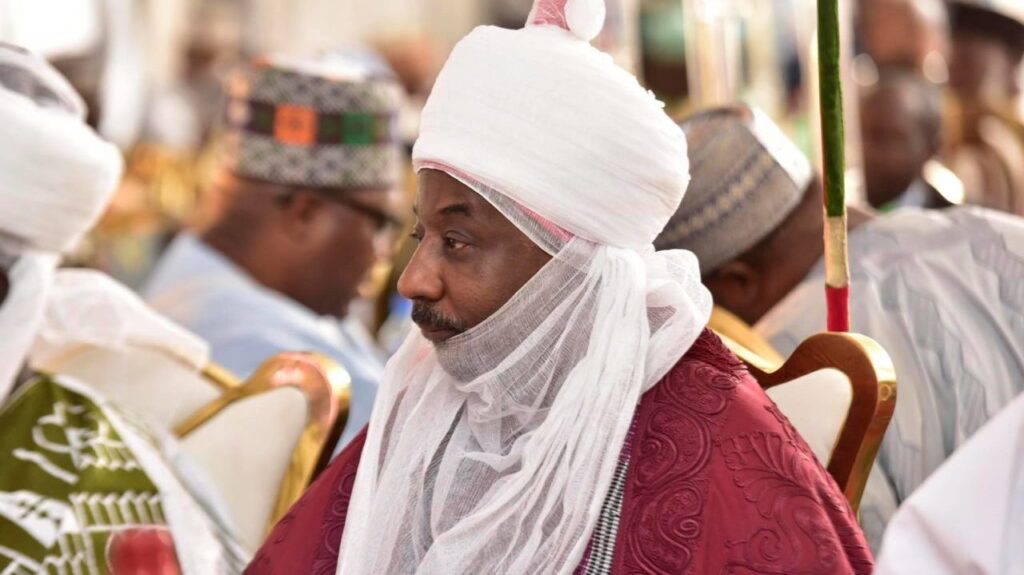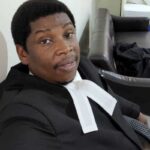
Sir: Analysing Nigeria’s political system, especially within Osun State, requires a multifaceted approach, considering its complex dynamics. Nigeria operates as a federal republic, with power divided between the Federal Government and 36 states, including Osun.
Like many other African countries, its political landscape is often characterised by issues such as corruption, ethnic and religious tensions, and governance challenges. However, the Nigerian political landscape is often characterised by complex dynamics, including ethnic and religious diversity, corruption, and power struggles.
In Osun State, like in much of Nigeria, the political scene is dominated by two major parties: The All Progressives Congress (APC) and the Peoples Democratic Party (PDP). However, smaller parties also play significant roles, especially at the state and local levels.
I have no intention to ruin the excitement of Osun APC about their new brides, Omooba Dotun Babayemi and Dr Akin Ogunbiyi. The tumult surrounding the political event is unconscionable. Despite the change of leadership, Osun APC sustained its befuddled path in its quest to get power.
The two biggest political events that shook Osun political wave were the amalgamation of the 2018 SDP gubernatorial candidate, Iyiola Omisore, which handed the APC candidate, Alhaji Gboyega Oyetola, a paltry lead of fewer than 500 votes in a controversial and violence-ridden 2018 gubernatorial rerun poll, and the official political transfer of the SDP candidate to APC in 2021.
Despite the political muscle of Omisore adding to the APC and the then incumbency muscle, one could have expected the 2022 gubernatorial election to widen the difference, but it could only get APC 46.62 per cent of the total votes while PDP got 50.14 per cent. I will not disparage Otunba by trying to draw a comparison between him and the new brides.
From my observed Osun voting trend, one can discover that politicians can only account for less than 25 per cent of votes in any poll in a free and fair election, which emphasises the importance of recognising the role of other factors such as grassroots mobilisation, socio-economic conditions, and identity politics. While politicians may wield considerable power, especially in terms of resource allocation and policy decisions, the electorate’s choices are influenced by a myriad of factors beyond just political affiliations.
I’m not going to play the card that Babayemi is a nobody in politics because he has been a “visible player” in the West Senatorial District since 2011. The first and the only time his name appeared on the ballot (to contest) was in 2019 under ADP, and he got 42,915 votes in the Osun West Senatorial District election.
Just like many people believe, the 40 National Assembly members from Labour Party (LP) were only favoured with political calculations, so I believe that the 40,000+ votes Omooba got were through political calculations.
The gubernatorial candidate of ADP in 2018 was the former SSG, Alhaji Moshood Adeoti, who got 49,743 votes. Adeoti and Omooba are from the same district, so it could be easy to point out that one impacted the other. To tell who impacted the other, let’s fast forward to June 2019 when Babayemi decamped to PDP. He only crossed ADP with an imaginary 4,000+ followers out of the 42,915 voters. Amazingly, this happened in less than five months.
When politicians switch parties, it does not guarantee that their followers will automatically take the same leap. Many supporters prioritise ideology, commitment to issues, and personal values over mere allegiance to an individual leader.
As a result, a politician’s move across party lines might not translate into a mass migration of his base, as the followers often weigh their own principles and the specific agenda of the parties before deciding their loyalty. This glaring reality must have informed the desperate rush to lure people through monetary inducements and Ankara souvenirs to ceremonially appear at the “defection” ceremony.
James Bamgbose.


